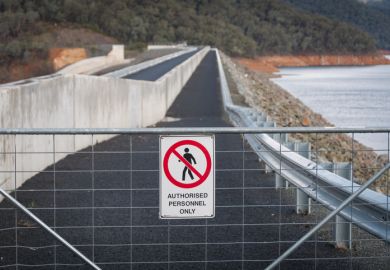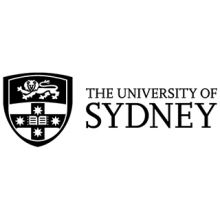Australia’s government has made a third change to its JobKeeper employment subsidy programme, in yet another ploy to exclude universities from the A$130 billion (£67 billion) pandemic stimulus measure.
In a modification that only applies to universities, the government has altered the JobKeeper “turnover test period” during which organisations must demonstrate that they face a sufficiently large hit to their revenue to qualify for JobKeeper payments.
Other types of organisations can calculate their revenue losses over a three-monthly period or any calendar month between April and September. However, under newly amended rules revealed on 1 May, universities must now measure their losses over the first six months of 2020.
The change appears to be aimed squarely at the University of Sydney, which is thought to be the only university that had not had its JobKeeper eligibility hopes dashed by previously announced tweaks to the scheme. It had launched an application for JobKeeper payments based on the timing of its international students’ tuition fee payments.
Sydney has estimated that the coronavirus will cost it A$470 million this year. A successful JobKeeper application could have delivered it a A$750 weekly payment for every permanent and long-term casual staff member, recouping as much as A$140 million of its losses.
As recently as 29 April it confirmed that it was proceeding with its JobKeeper application, having determined that it met the criteria. “We…have an obligation to our staff and students to seek support where it is available,” a spokeswoman said at the time. “It would be a tremendous investment in the university’s ability to recover quickly and to contribute to the broader economy.”
The latest change appears to rule this out. “This is obviously very disappointing news but we’re hopeful the government will continue to work with us to protect our world class education and research during this unprecedented crisis,” Sydney’s spokeswoman said on the weekend.
The new amendment also changes the rules to ensure that universities include government funding in the revenue test – a modification the government flagged in late April, quashing at least two other universities’ hopes of qualifying. That development followed the government’s exclusion of universities from a lower revenue loss test applied to charities.
Sydney deputy vice-chancellor Lisa Jackson Pulver told the ABC’s Q&A programme that universities were being treated differently from other non-profit organisations. Education minister Dan Tehan told the programme that “universities should face the same requirements as large businesses”.
But Innovative Research Universities executive director Conor King said the latest change meant universities now faced tougher eligibility requirements than even the biggest Australian businesses. He described the new rule modification as an “extra nasty twist of the knife”.
“The key question remains: does government want functioning universities from 2021?”
The sector has estimated that the jobs of 21,000 university staff have been endangered by coronavirus-related losses.
Australian National University policy analyst Andrew Norton said the government “would have saved itself multiple rounds of negative media, and saved the higher education sector much false hope and wasted effort, if it had just said at the start that it did not want universities to receive JobKeeper”.
Times Higher Education sought comment from Mr Tehan’s office.
POSTSCRIPT:
Print headline: Australian bailout again excludes universities
Register to continue
Why register?
- Registration is free and only takes a moment
- Once registered, you can read 3 articles a month
- Sign up for our newsletter
Subscribe
Or subscribe for unlimited access to:
- Unlimited access to news, views, insights & reviews
- Digital editions
- Digital access to THE’s university and college rankings analysis
Already registered or a current subscriber?










